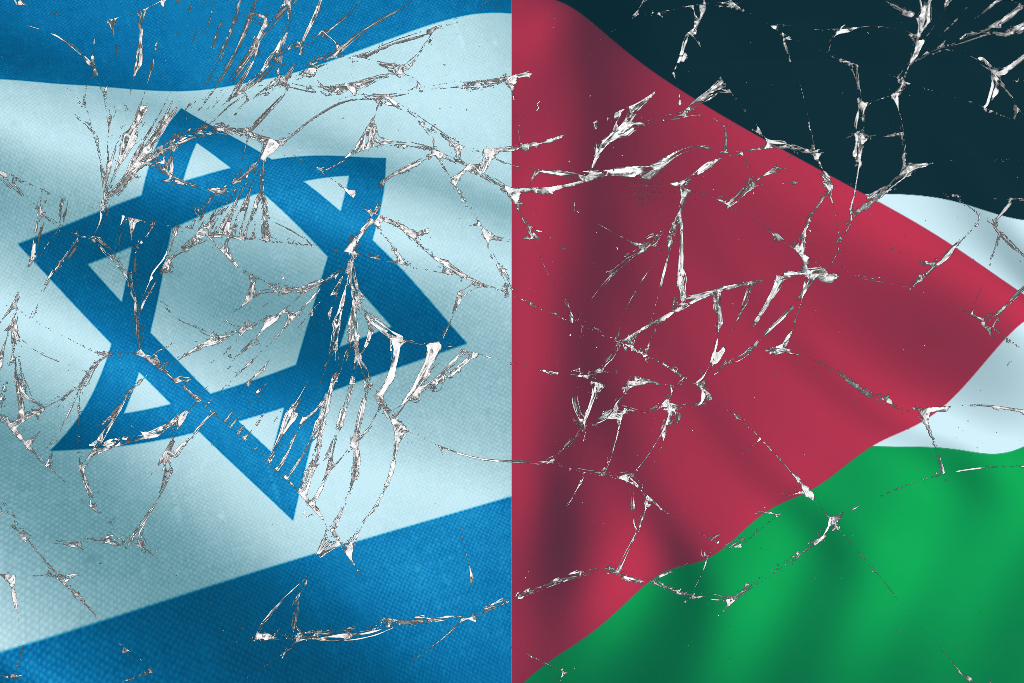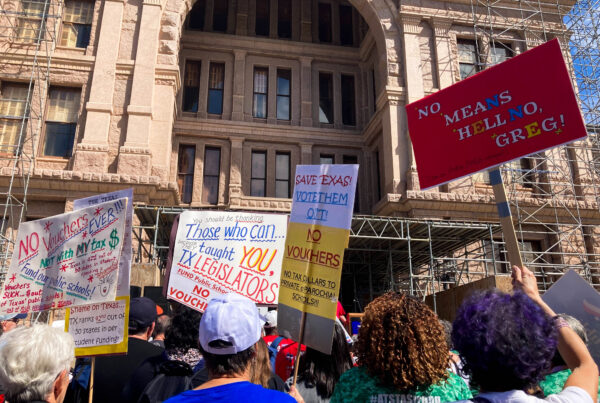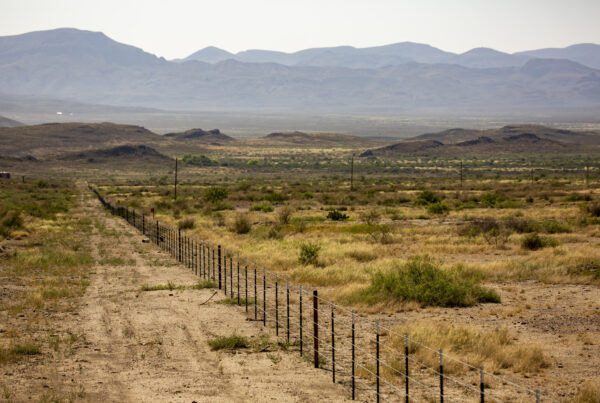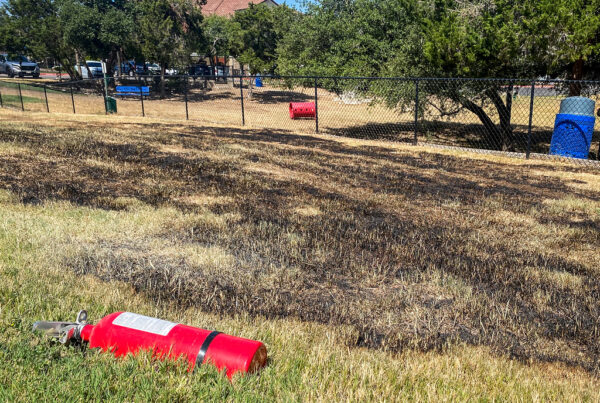Israel is calling weekend attacks by Hamas fighters the country’s “9/11.”
Hamas militants launched thousands of rockets and entered Israel by land, sea and air, killing hundreds at a music festival on city streets and taking civilian hostages.
Israel has vowed retaliation, ordering a complete siege of Gaza as Israeli rocket and air attacks collapse scores of buildings and steps are taken to cut off food, fuel and electricity across Gaza, one of the most densely populated places on Earth.
Jeremi Suri is Mack Brown distinguished professor in the Department of History at the LBJ School at the University of Texas at Austin. He spoke with the Texas Standard about recent events and their historical context.
This transcript has been edited for clarity.
Texas Standard: We have seen skirmishes between Hamas militants and the Israeli military before. This is a whole new level. Could you say more about that aspect of this?
Jeremi Suri: This is like going from what were normal skirmishes, as you said, to something on the scale of 9/11. In fact, this is worse than 9/11. Hundreds, if not thousands of Hamas soldiers and fighters coordinated an assault across the border into Israel from multiple locations. They went into hundreds of villages and local areas and they, in many cases, not only killed large numbers of people in cold blood, but they also kidnapped hundreds of young people as well as others. And it was a coordinated, multi-location attack and an attack that caught Israel by surprise. So, the death, the destruction and the shock are really quite extraordinary.
Israel is saying that that this attack organizationally, strategically, tactically has all the fingerprints of Iran. Iran is saying that Israel plans to use this as a pretext to widen the scope of the conflict. How do you see this playing out?
We don’t know the details on Israeli intelligence or American intelligence on this. There are things that you and I can’t know that certain people know now. But from what we have seen that’s available publicly, it appears that there was some coordination between Hamas and Iran, which is not surprising. Iran has been a long-term supporter of Hamas. But I think there’s also reason to believe that this was a largely Hamas planned operation and that Iran, if it knew about it, was not the prime actor.
The reason to believe that is that the last thing the Iranians want to do is give Israeli Prime Minister Benjamin Netanyahu an excuse to go to war with Iran. He has talked about this for many years, and it has been the United States that has restrained Israel from going to war with Iran. So, my guess and it’s just a guess at this moment, is that Iran knew of the operation and had provided support to Hamas, but Iran did not plan or participate in this operation.
Now that we are seeing the U.S. with its naval and air resources being moved closer into Israel and that region, what do you think could be the next steps here?
I’m very concerned, in fact, that this will become a wider war.
Let me say very clearly, Israel, like every other country in the world, has the right to defend itself, and it should certainly use military force to rescue its hostages, many of whom are still being held by Hamas. And I believe that Israel has the right to use military force as any country would. As the United States would to apprehend and prevent attackers from acting any further.
But it is not in the interest of Israel nor the United States, nor anyone else for this war to become a wider war, particularly a war that might involve Iran and Israel fighting one another, that would draw the United States in. I am very concerned that will happen. I think it’s important that while we support Israel in defending itself, we try to do everything we can to limit the scope of this conflict, to prevent it from widening into a middle East wide war.
Do you see us feeling the implications of this here in Texas, or is this going to be something happening half a world away that we will feel relatively insulated from?
We are already feeling the implications of this in Texas.
There are a large number of Israeli and non-Israeli Jews, myself included, who live in Austin and live throughout Texas. Part of the “Texas miracle” as an economy has been the attraction of Jewish and Arab and Muslim talent from around the world. And so, we are all affected by this.
I was planning to make a trip to Israel this December. I’m not sure I still will be able to do that. It will affect the Texas economy as well. Instability in the Middle East affects oil prices. It affects energy access. This will only lead to more instability in energy markets, which, of course, affect Texas.
If you found the reporting above valuable, please consider making a donation to support it here. Your gift helps pay for everything you find on texasstandard.org and KUT.org. Thanks for donating today.














